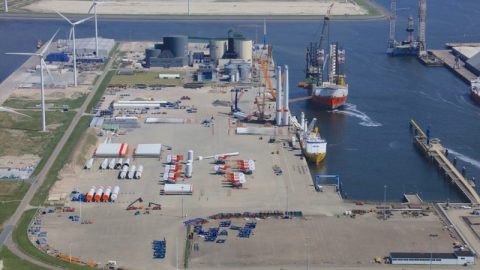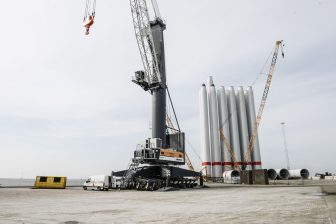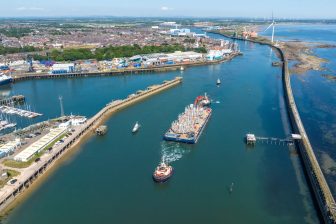
European Parliament adopts Maritime Single Window regulation
The European Parliament has adopted a proposal to implement a Maritime Single Window environment which significantly reduces the administrative burden on the maritime sector. With the new regulatory framework, the time shipping companies spend reporting to the authorities is expected to be cut in half.
Maritime transport operators face a wide range of legal reporting requirements each time a ship arrives in or leaves a port. The fact that these reporting requirements are not harmonised between EU Member States, results in a heavy administrative burden.
Currently, each port visit shipping companies spend one to three hours on reporting information to the police, customs and port authorities, costing shipping sector staff a total of about 4.6 million hours annually.
The Maritime Single Window will decrease that time by consolidating all reporting obligations. Whereas shipping companies now have to file the information to all the different authorities separately, the Maritime Single Window will allow them to file all the information just once through a standardised interface system to which all the authorities have access.
Once successfully rolled out, shipping companies will spend no more than 30 to 45 minutes in port reporting to the authorities.
“Breakthrough”
The European maritime industry is pleased with the adoption of the new regulation. The European shipowners association ECSA and the European Transport Workers’ Federation (ETF) say that with the new regulation, “shipping is a big step closer to enjoying a genuine single market and true facilitation and simplification.”
The organisations in particular welcome that harmonised spreadsheets will be developed and accepted in any port and that manual reporting can be done via a user-friendly interface that must be constructed and look in such a way that one can easily navigate through it and fulfil the reporting obligations whatever port is called at. “These two elements will mean a tangible benefit for the involved staff, whether on board or in the office,” ECSA and ETF state.
Back in February, when the European Parliament and the European Council agreed on the contents of the new regulation, Secretary General Isabelle Ryckbost of the European Sea Ports Organisation said: “We see the agreement as a real breakthrough. We are very happy that the new framework is recognizing the bottom-up efforts and investments already made and underway by European ports towards creating a one-stop shop for both the reporting formalities and all other services rendered to stakeholders in the logistics chain. The agreement is thus fully compliant with the ambitious digitalisation agenda of many European ports.”
Indeed a very positive development fully supported by European shipowners and European Transport Workers Federation. Reducing administrative burden on crew is crucial https://t.co/5XKhraOctd
— Martin Dorsman (@MDorsmanECSA) 18 april 2019
You just read one of our premium articles free of charge
Register now to keep reading premium articles.




